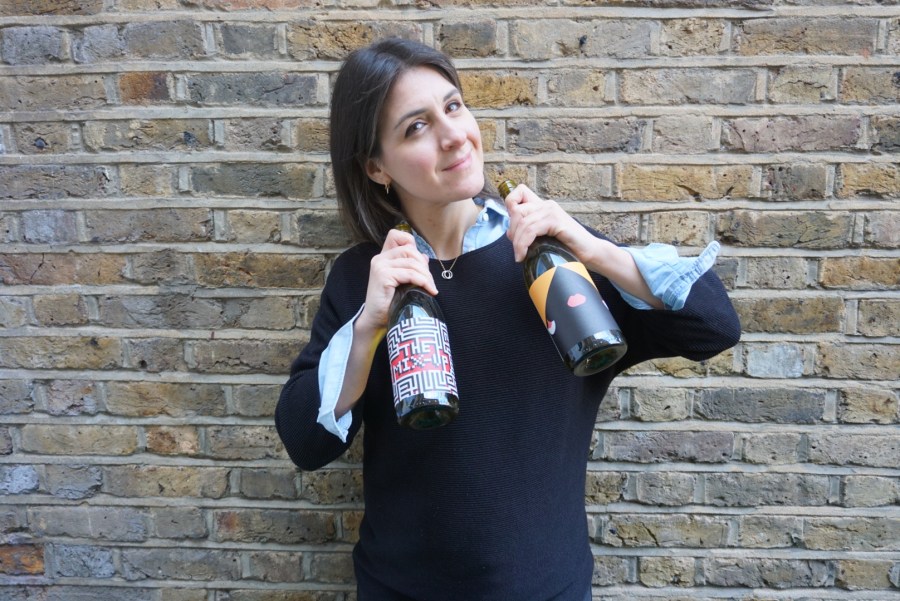Championing our industry, inspiring and educating, there are many remarkable women growing great grapes, making fantastic wines and running impressive businesses. These women are vital cogs in the wheel from ground to glass. Vineyard speaks to just a few of the very many strong successful women who love their jobs, are having fun, making a difference – and are role models encouraging more women into Great British wine.
Many of the best wines produced in Great Britain, and around the world, are made by women winemakers, supported by women viticulturists and women driving the wine businesses – but there is always room for more!
“It’s a fantastic, collaborative, industry full of great people and there are plenty of opportunities for women, be it in production, selling, marketing or business administration – or all of the above if you join a small producer! It can be hard work but it’s a lot of fun with lots to celebrate along the way,” commented Tamara Roberts, CEO of Ridgeview Wine Estate in Sussex.
Diversity and Inclusion
Lynsey Verrillo co-founder of Blackbook Winery, a unique urban winery in London, leads most of the Blackbook activities outside of the winery including marketing, planning and finances. She also happily gets stuck in at harvest, “helping to shovel grapes, punch down tanks of Pinot Noir or rinse out barrels.” This is all on top of a full-time day job, two young children and her role chairing the WineGB Diversity and Inclusion working group.
The WineGB Diversity and Inclusion group aims to build foundations for an industry that is inclusive and can expand its reach to prospective employees, visitors and wine consumers in presently under-represented groups explains Lynsey. “We aim to improve access to educational and employment opportunities to under-represented groups, and to be inclusive and welcoming to all sectors of society interested in wine.”
“My personal perspective is that many of us are not aware of the unconscious bias we may display on an everyday basis without intent, and the first step is to actively seek out voices from other communities and listen. I am aware of how wine remains an industry that seems inaccessible or unwelcoming to individuals who do not feel reflected in our marketing materials, social media, tasting notes or more. More recently, powerful stories have been shared by women who have experienced misogyny throughout their experience in wine. By listening we become more aware of our own actions that can be adjusted to ensure that all are treated equitably,” commented Lynsey.
“Not only is there a moral imperative, but studies from Harvard, McKinsey and others have shown that diverse companies are likely to become stronger businesses. We also see the opportunity to expand the community of English and Welsh wine lovers, helping us grow overall market share both in the global wine market but also verses other alcohol categories. We need to better understand the emerging wine consumer and adapt to appeal to them or risk losing them to other brands and categories,” she added.




